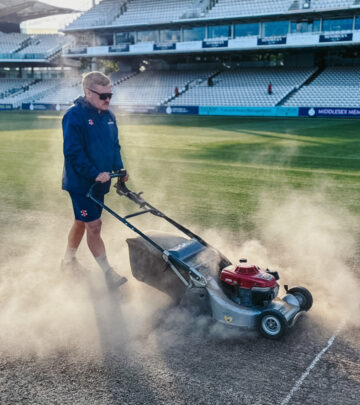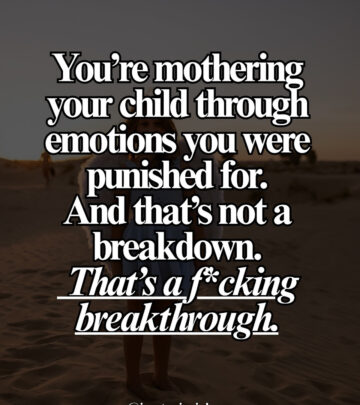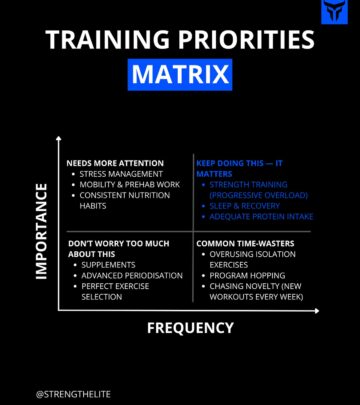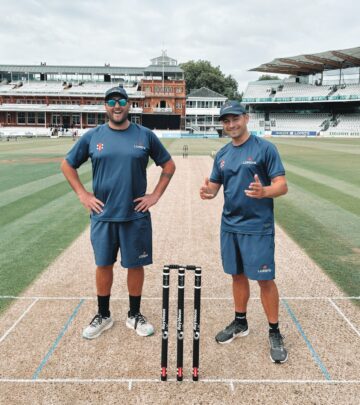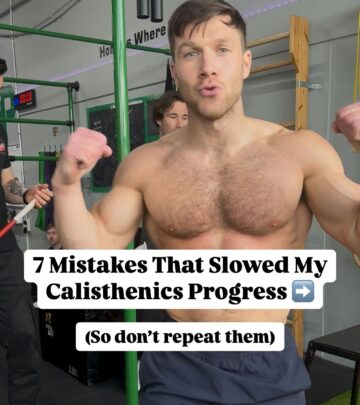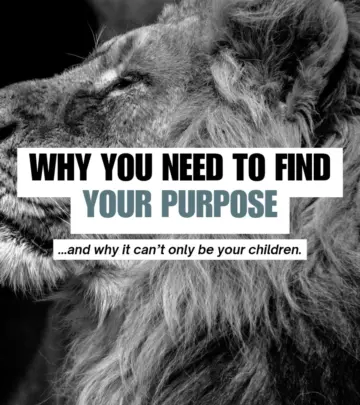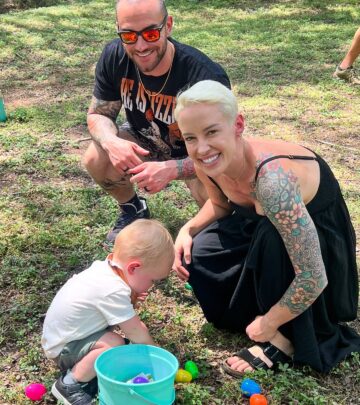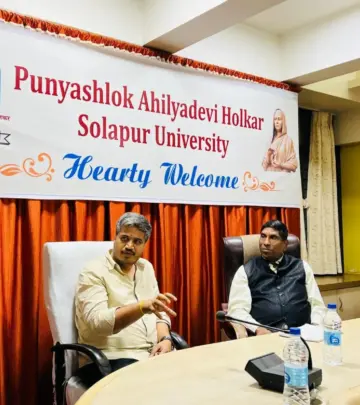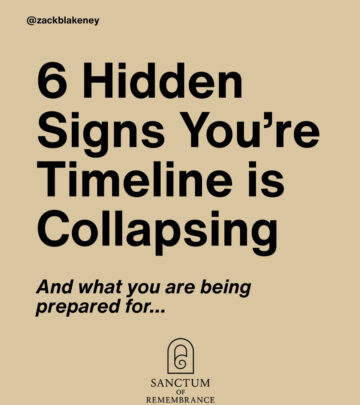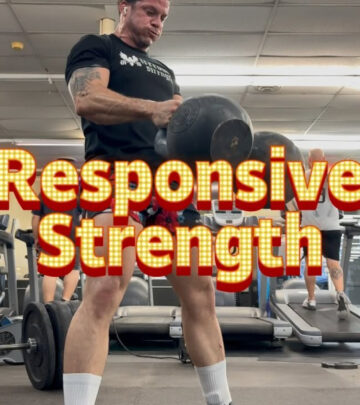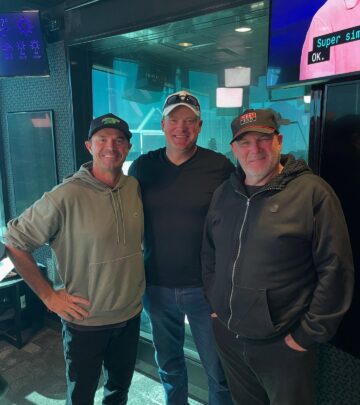Unraveling Childhood Survival Strategies
Devin Kelley aptly reflects on early survival patterns born from a challenging upbringing.!
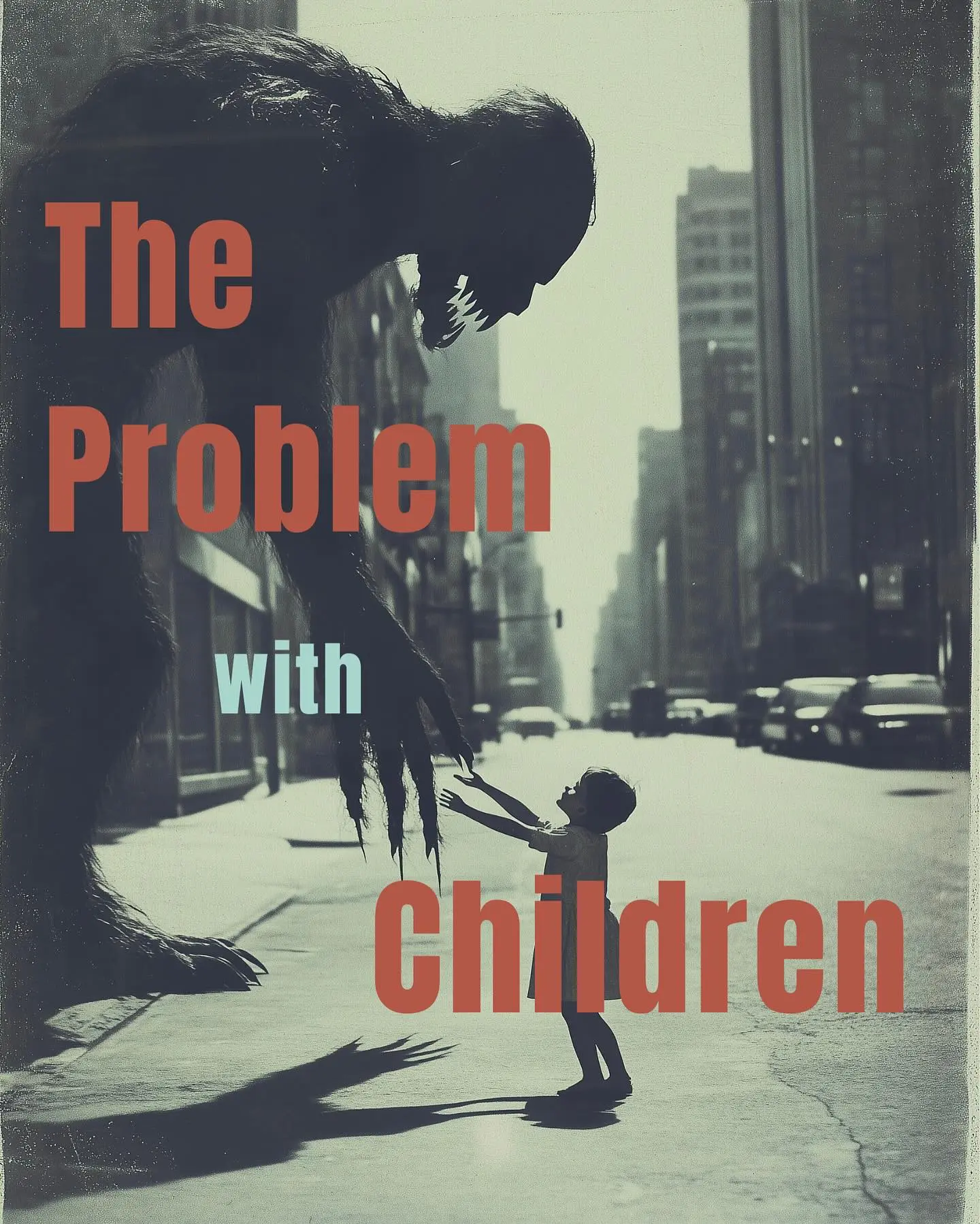
Image: Instagram
In a recent reflective Instagram post, celebrity Devin Kelley has opened up about the deep-rooted impact of an unhealthy upbringing on adult behavior. The post, which stands apart for its raw honesty, highlights how early experiences—often marked by inconsistent care and even deliberate use of fear—imbue children with survival strategies that persist into later life. Drawing on personal and social observations, Kelley examines the subtle dynamics between the actions of a caregiver and the unconscious mechanisms the child develops to withstand a hostile environment.
The Unseen Impact Of Childhood Experiences
Many can relate to the notion that not every childhood is blessed with consistent, attentive, and structured care. Kelley’s post underlines that while most parents are not outright monsters, a lack of healthy nurturance can force children to adopt adaptive strategies merely to survive. He explains that early-formed behavioral and perceptual patterns, shaped under duress, tend to be far more durable than those formed during adulthood. In his words, the child not only internalizes the adult’s behavior but also refines a unique pattern that serves as an antidote to the distress experienced. This process, though often unconscious, leaves an indelible mark on one’s later emotional and psychological makeup.
Building Adaptive Survival Strategies
Kelley’s poignant message emphasizes that survival strategies are not always direct replications of parental behavior. Instead, they are a complex mix of mirroring, adaptation, and sometimes complete inversion of the negative patterns introduced by unresponsive or harmful care. According to his insight, these strategies become deeply embedded because, in the midst of a highly vulnerable state, any method that ensures safety—even if maladaptive later—appears essential. The post cautions that while such mechanisms are effective in immediate crises, they can hinder healthy emotional development when carried into adulthood.
This reflective approach offers a reminder that the mental blueprints laid down during childhood are not easily discarded. As Kelley notes, dissolving these early survival patterns requires a gradual and deliberate process—a journey into the core of one’s primal fears and vulnerabilities. The imagery in his Instagram post, which features thoughtful, somber visuals, reinforces the gravity of these themes. The muted tones and introspective composition of the images serve as a visual metaphor for the layers of unconscious defense mechanisms built up over time.
Understanding The Lingering Effects
The message resonates with those who have experienced the long-term effects of an inconsistent childhood. Kelley’s commentary draws attention to the fact that alternative strategies are developed as a means to cope, often disguising the underlying pain with stoicism or even overcompensation. He stresses that these adaptive mechanisms, while critical for short-term survival, become particularly stubborn once integrated into the adult psyche. The inability to easily modify these early-formed responses often leads to challenges in building healthy, trusting relationships later in life.
Moreover, the insights shared by Kelley invite readers to reflect on how subtle and complex human adaptation can be. Rather than accepting these behaviors as fixed or immutable, he suggests that a process of unearthing and understanding them is both necessary and transformative. The notion that these carefully constructed defenses are, in effect, technologies of self-deception gives a new perspective on personal development and emotional healing. His thoughtful approach challenges society to consider the latent potential for growth when we confront and comprehend the origins of our behavior.
A Call For Greater Awareness
Through his narrative, Kelley not only draws attention to the persistent scars of a challenging upbringing but also advocates for a more compassionate understanding of one’s past. His words echo an important social commentary: that a truthful conversation about childhood and its enduring influence on adult life is long overdue. With this reflective post, he encourages individuals to re-examine their internal narratives and seek out the gradual process of healing hidden beneath years of unacknowledged pain.
While many of Kelley’s followers know him for his varied content—spanning lifestyle insights to motivational reflections—this recent exploration into the psychology of early survival stands out for its raw honesty and direct connection to everyday human experience. His message intersects with broader conversations about mental health, the long-term effects of the environment in which we are raised, and the subtle interplay between our earliest experiences and our adult selves.
By articulating the nuanced process by which children develop adaptive strategies in response to adversity, Devin Kelley offers much-needed insight into a topic that is rarely discussed with such clarity. His observations invite both introspection and dialogue among those who have been touched by similar experiences, highlighting the universal need for understanding, empathy, and gradual healing.
Ultimately, Kelley’s reflective post is a call to recognize the often invisible burden of formative experiences, urging us all to be more aware of the undercurrents shaping our behavior and interactions. His honest appeal serves not only as a personal catharsis but also as a beacon for those seeking to reconcile with their past and foster deeper emotional well-being.
Read full bio of Joyce




